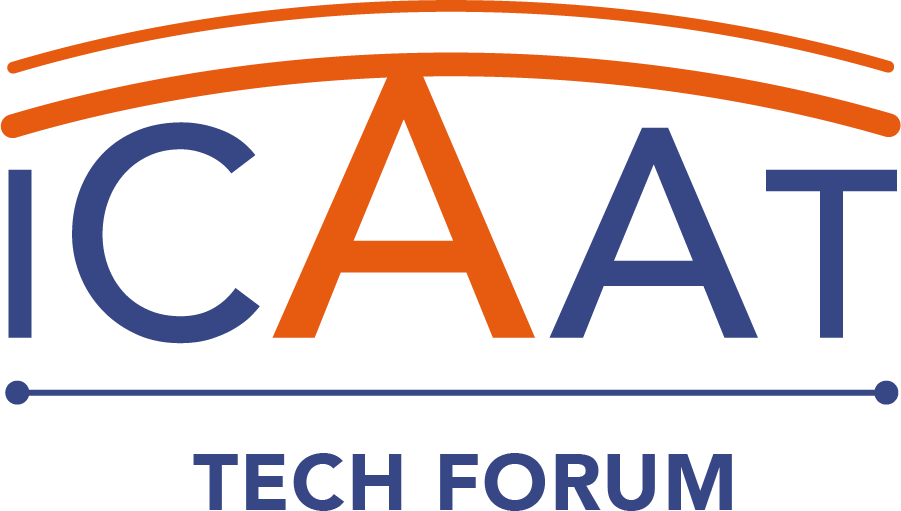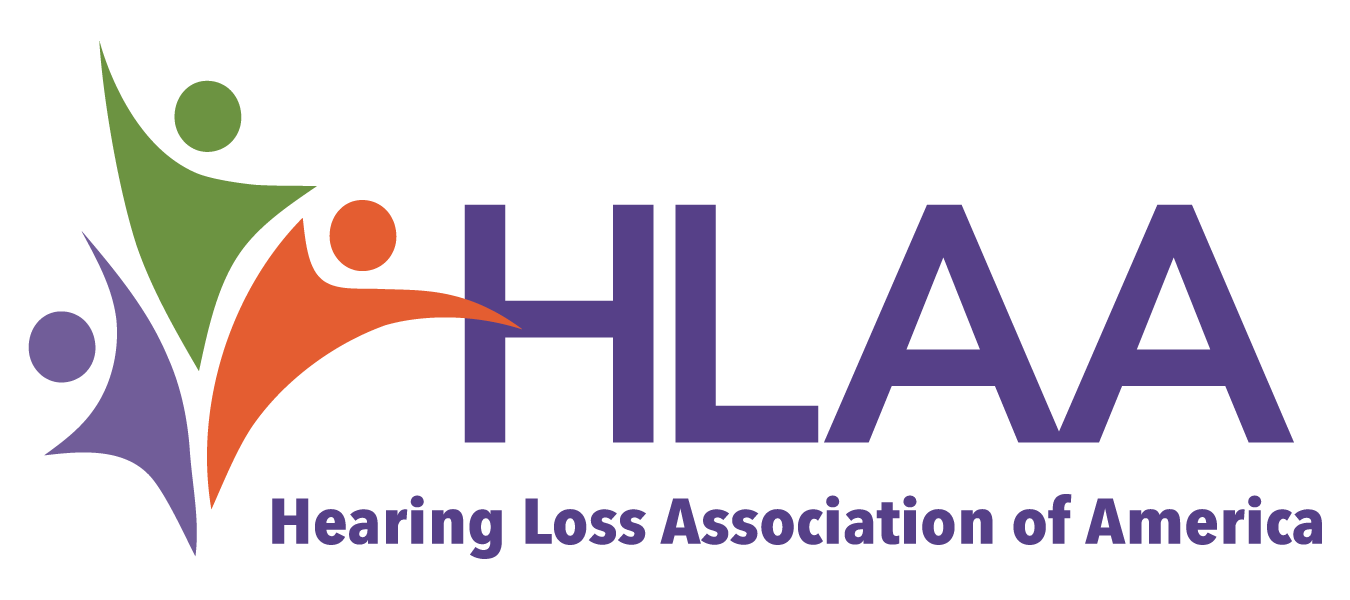Groups related to Communication -- Remote
User Stories
Hearing Loss Plus
Submitted by ICAAT Tech Forum on
Event
ETSI STQ Conference - Communications for All
ETSI STQ Conference: Communications for All, Supporting Diversity and Accessibility through Quality of End-to-end Network Transmission and Devices in Human-to-human and Human-to-machine Communication 13-14 May 2025 ETSI, Sophia Antipolis France The ETSI Technical Committee on S peech and multimedia T ransmission Q uality ( TC STQ ) is pleased to announce our conference on Communications for All.…
Event
ETSI STQ Conference - Communications for All
ETSI STQ Conference: Communications for All, Supporting Diversity and Accessibility through Quality of End-to-end Network Transmission and Devices in Human-to-human and Human-to-machine Communication 13-14 May 2025 ETSI, Sophia Antipolis France The ETSI Technical Committee on S peech and multimedia T ransmission Q uality ( TC STQ ) is pleased to announce our conference on Communications for All.…
Event
ETSI STQ Conference - Communications for All
ETSI STQ Conference: Communications for All, Supporting Diversity and Accessibility through Quality of End-to-end Network Transmission and Devices in Human-to-human and Human-to-machine Communication 13-14 May 2025 ETSI, Sophia Antipolis France The ETSI Technical Committee on S peech and multimedia T ransmission Q uality ( TC STQ ) is pleased to announce our conference on Communications for All.…
Discussion
Consumers’ experiences accessing customer service assistance in the communications industry.
Submitted by Neil Snyder on
The FCC released a Notice of Inquiry (NOI) seeking information about consumers’ experiences accessing customer service assistance in the communications industry. The NOI asks commenters to discuss ways to ensure that customer service for cable, satellite, voice, and internet providers is accessible, efficient, and informative. The NOI specifically seeks comment on the current state of customer…
Discussion
Consumers’ experiences accessing customer service assistance in the communications industry.
Submitted by Neil Snyder on
The FCC released a Notice of Inquiry (NOI) seeking information about consumers’ experiences accessing customer service assistance in the communications industry. The NOI asks commenters to discuss ways to ensure that customer service for cable, satellite, voice, and internet providers is accessible, efficient, and informative. The NOI specifically seeks comment on the current state of customer…
Discussion
Consumers’ experiences accessing customer service assistance in the communications industry.
Submitted by Neil Snyder on
The FCC released a Notice of Inquiry (NOI) seeking information about consumers’ experiences accessing customer service assistance in the communications industry. The NOI asks commenters to discuss ways to ensure that customer service for cable, satellite, voice, and internet providers is accessible, efficient, and informative. The NOI specifically seeks comment on the current state of customer…
Discussion
Consumers’ experiences accessing customer service assistance in the communications industry.
Submitted by Neil Snyder on
The FCC released a Notice of Inquiry (NOI) seeking information about consumers’ experiences accessing customer service assistance in the communications industry. The NOI asks commenters to discuss ways to ensure that customer service for cable, satellite, voice, and internet providers is accessible, efficient, and informative. The NOI specifically seeks comment on the current state of customer…
Discussion
Senator Casey Discusses Efforts to Ensure Federal Tech Accessibility for People with Disabilities
Submitted by Neil Snyder on
In a statement submitted Wednesday to the Congressional Record, U.S. Senate Special Committee on Aging Chairman Bob Casey outlined his efforts to ensure that the federal government’s technology is accessible for people with disabilities. Existing law requires federal websites, apps, electronic documents, and other technology to be accessible for, and usable by, people with disabilities. However,…
Government documents
#DidYouKnow: EEOC and Job Accommodation Network Provide Information on Tech Accommodations in the Workplace
Submitted by ICAAT Tech Forum on
Technology continues to evolve at the speed of human ingenuity, which means that the broad antidiscrimination mandates of the ADA must continually be applied to new situations. Fortunately, technology offers many innovative tools to make life more accessible and eliminate barriers to equal opportunity. Some of these technological tools are described in the Equal Employment Opportunity Commission's…





